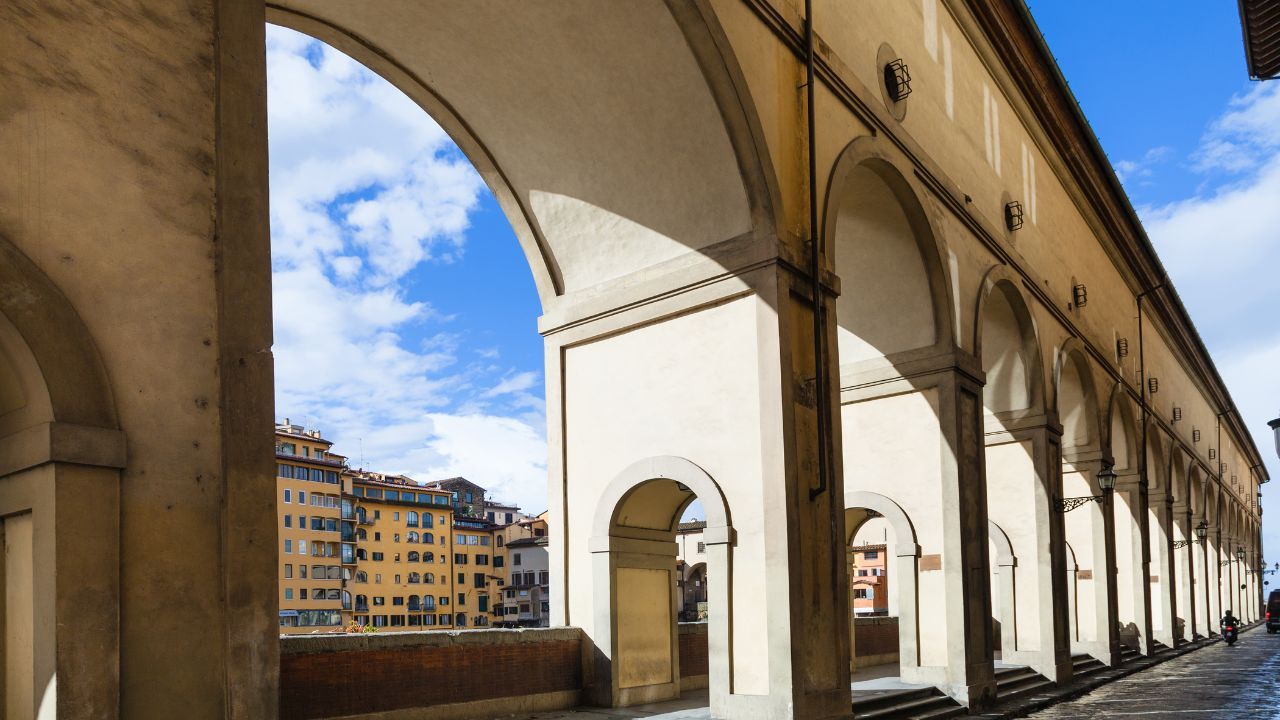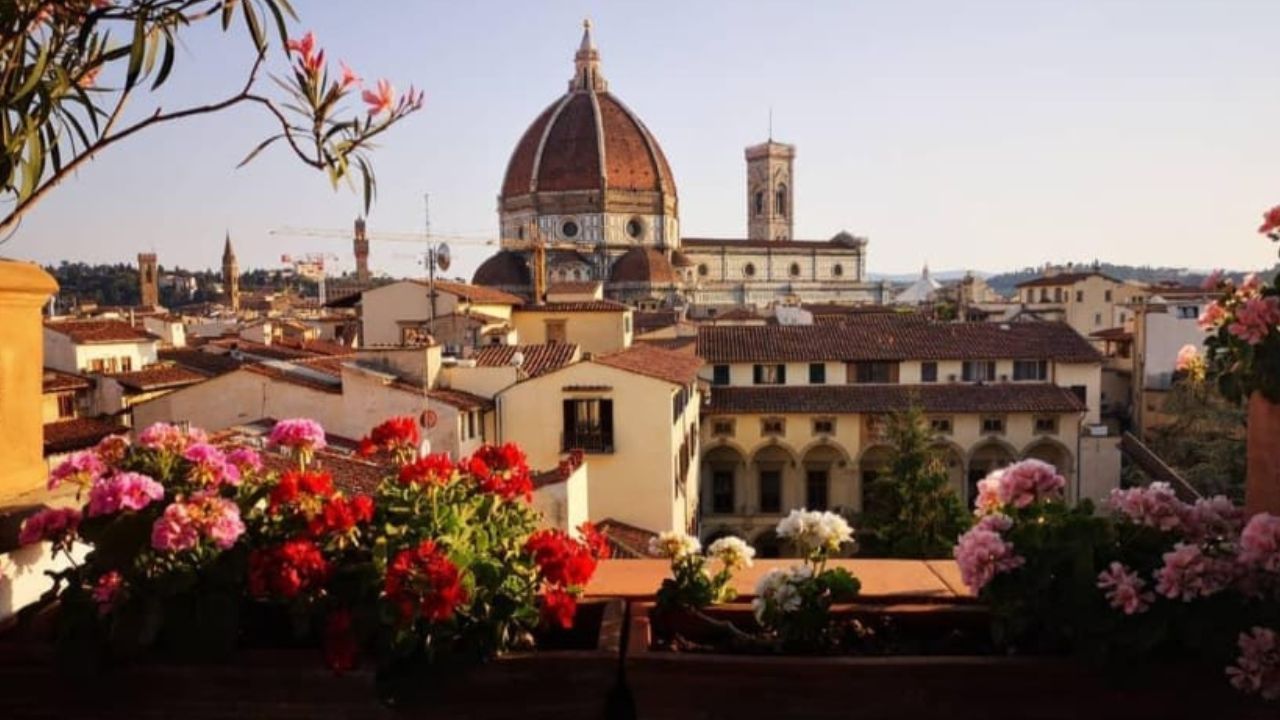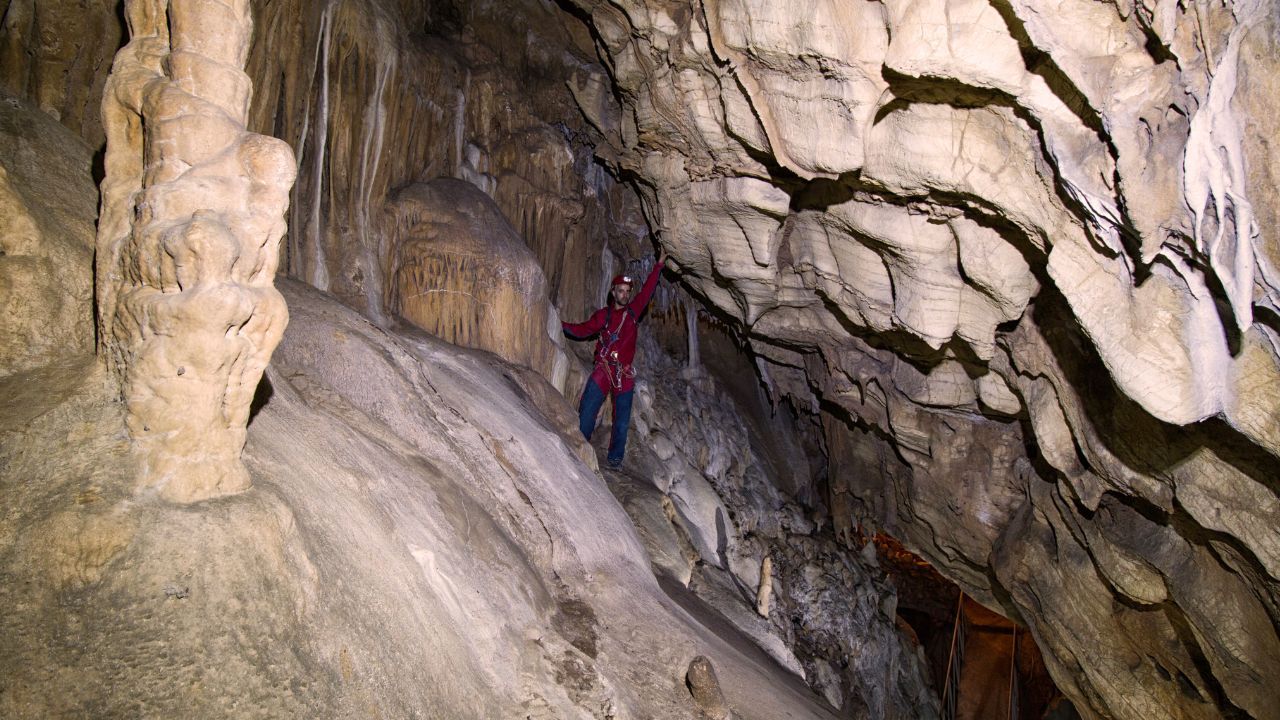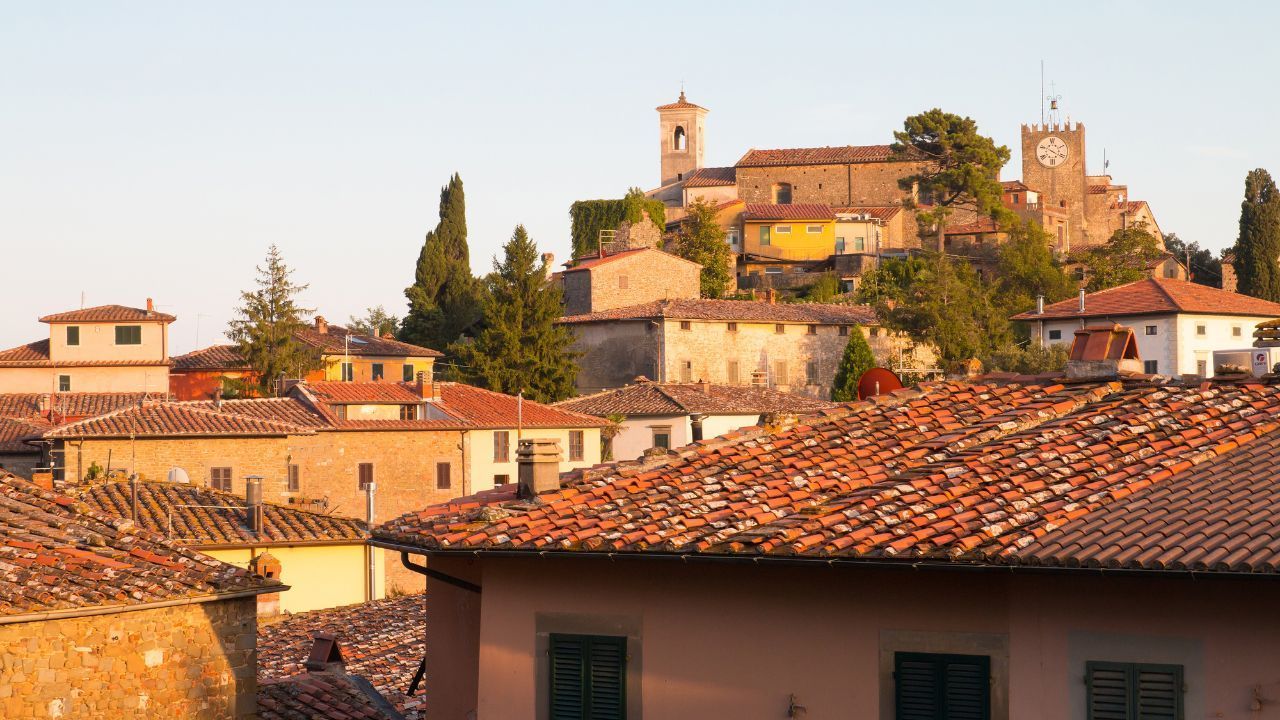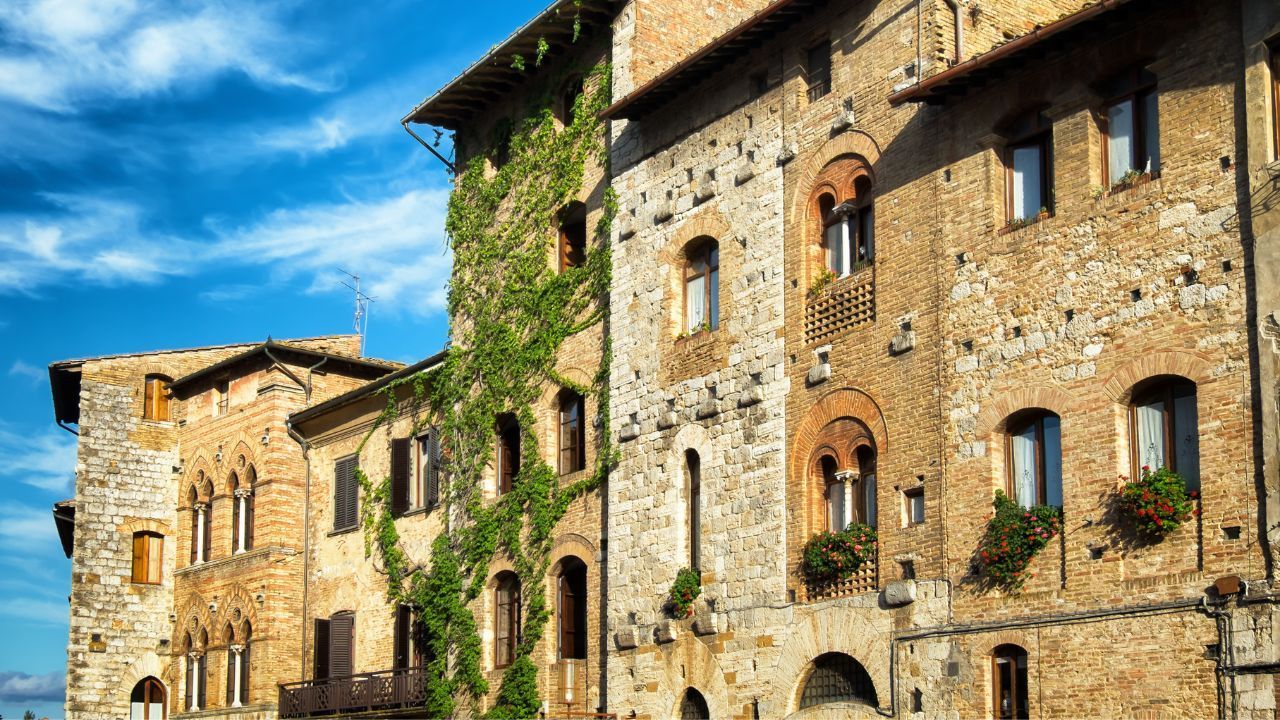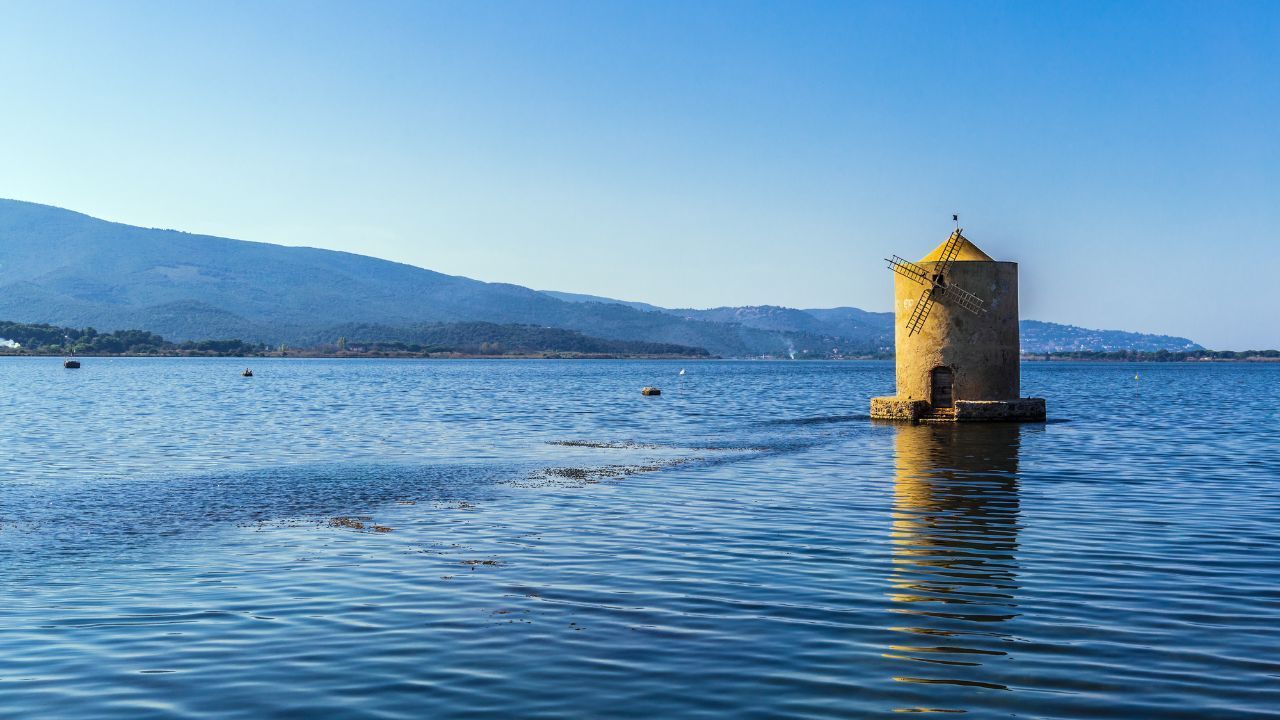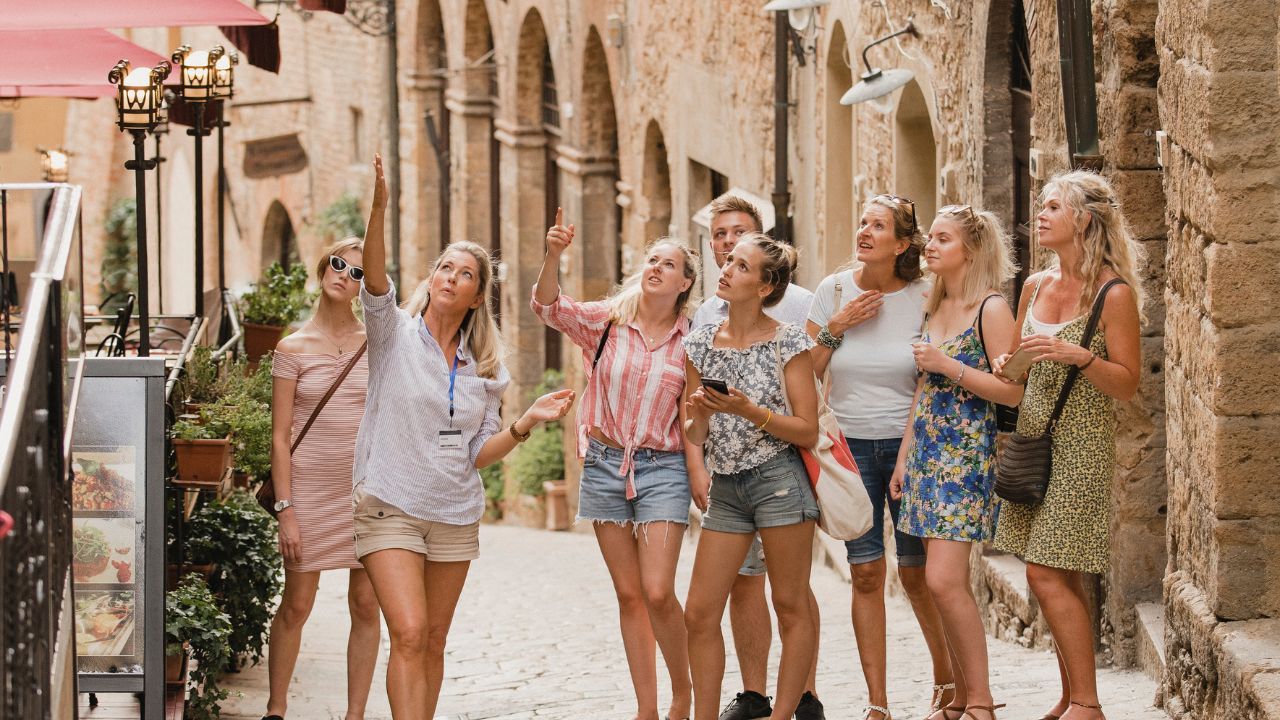In the Footsteps of a Genius: Michelangelo the David in Florence
Michelangelo the David is not just a sculpture, it's a symbol of Renaissance excellence and the genius of Michelangelo Buonarroti, a master whose legacy is etched across the city of Florence. For art lovers and curious travelers alike, exploring Michelangelo’s art in a Florence tour it’s an unforgettable journey into the life and works of this artist.
With Tuscany Daily Tours, you'll not only walk where he walked, but you’ll feel the pulse of creativity that shaped an era.
Michelangelo the David: The Origins of a Renaissance Titan
Michelangelo Buonarroti was born on March 6, 1475, in the small town of Caprese, in the province of Arezzo, Tuscany. Though his birthplace is nestled in the hills far from Florence's grandeur, it didn't take long for young Michelangelo to gravitate toward the cultural epicenter of the Renaissance.
At the age of 13, he moved to Florence, drawn by its vibrant artistic scene and the patronage of the powerful Medici family. He was apprenticed to Domenico Ghirlandaio, a prominent painter of the time, and quickly distinguished himself. But it was not only his talent that set him apart; Michelangelo's insatiable curiosity and his obsession with classical art propelled him into the elite circles of Florence's artistic community.
Michelangelo’s Art in the Cradle of the Renaissance
Michelangelo's early career flourished under the Medici's wing, particularly Lorenzo de' Medici, known as "Lorenzo the Magnificent".
In the Medici gardens, he studied antique sculptures and honed his skills, laying the groundwork for what would become a legendary career.
Visitors are often curious about getting to know Medici’s family and its intrigues, that’s why we propose the tour: The Medici’s: the Dynasty, the Palaces, the Movie.
During this Florence tour you will uncover the true essence of the main characters of the Medici Family, Lorenzo the Magnificent, Cosimo the Elder or Piero the Unfortunate. Together we will visit the Palazzo Medici, a famous architectural work of the fifteenth century and the beautiful Chapel of the Magi, which was painted by Benozzo Gozzoli.
In this Florence tour you will also have the chance to visit a secret place where the genius Michelangelo learned to sculpt, under the shadow of one of Donatello’s pupils, the Bertoldo.
1. San Marco and the Medici Gardens: Hosts of Michelangelo’s Art
Begin your Florence tour through Michelangelo’s art in the Medici Gardens, near San Marco's Square. Here, Michelangelo was first introduced to classical sculpture, a pivotal moment that would shape his style forever. Though much has changed, you can still sense the aura of artistic awakening that inspired the young sculptor.
2. The New Sacristy and San Lorenzo: Sacred Art
After that, we highly suggest heading to the Basilica of San Lorenzo, where Michelangelo designed the New Sacristy as a mausoleum for the Medici family. The sculptures of "Dawn and Dusk" and "Night and Day" that adorn the tombs reflect his philosophical depth and technical prowess.
Laurentian Library: Architectural Brilliance
Adjacent to San Lorenzo is the Laurentian Library, also designed by Michelangelo. With its elegant staircase and innovative spatial design, the library stands as a testament to his architectural genius.
3. Casa Buonarroti: A Tribute to Michelangelo the David's Creator
Next step? Casa Buonarroti, on Via Ghibellina. This house museum was once owned by Michelangelo himself and later transformed into a shrine by his descendants. Inside, you'll find early works like the "Madonna of the Stairs" and the "Battle of the Centaurs", showcasing the emerging brilliance of the artist.
4. The Bargello Museum: Sculptural Mastery
Continuing your Florence tour through the wonders of Michelangelo’s art head to the Bargello Museum. It holds some of Michelangelo's finest early sculptures, including the dynamic "Bacchus" and the emotive "Tondo Pitti." These works reveal his unmatched ability to breathe life into marble.
5. Piazza della Signoria: Where David’s Statue Once Stood
A must see location is Piazza della Signoria, where the original Michelangelo the David once stood. A replica now takes its place, but standing there, surrounded by Renaissance architecture, you'll feel transported to the Florence of Michelangelo's time.
Right next to where Michelangelo the David originally stood, there's a fascinating detail that many overlook: a small, mysterious face etched into the stone of Palazzo Vecchio.
Local legend has it that Michelangelo himself carved this profile into the wall—possibly as a whimsical act of rebellion or simply to pass time while waiting for someone.
Some say it represents a man who annoyed him, others believe it was a self-portrait.
Whether truth or tale, this tiny visage continues to intrigue and amuse visitors to the square, adding a layer of mystery to Michelangelo's presence in Florence.
If you’re into mysteries and stories we highly recommend our Florence tour Florence Private Tour: Hunting for Ghosts and Mysteries, or our Esoteric Florence: a magical walk.
6. Michelangelo at the Uffizi Gallery: A Legacy in Paint and Design
Florence’s Uffizi Gallery, one of the most important museums in the world, also preserves a significant part of Michelangelo’s artistic legacy. While most renowned for his sculptures, Michelangelo was equally revolutionary in painting and design, and his presence at the Uffizi affirms his broad creative mastery.
The Gallery’s Sala di Michelangelo e dei Fiorentini not only displays his only known panel painting, but also provides context with works by his contemporaries and followers, framing his genius within the wider artistic movement of the Florentine Renaissance. The room offers visitors a deeper understanding of Michelangelo’s influence on painting, the evolution of Florentine style and the cultural climate of his time.
Michelangelo’s art at the Uffizi: The Doni Tondo
While David's statue may be his most iconic sculpture, the Uffizi Gallery offers a rare glimpse into his genius as a painter through the breathtaking Doni Tondo.
This circular painting, commissioned by the wealthy Agnolo Doni around 1503, is the only finished panel painting by Michelangelo to survive. The Doni Tondo depicts the Holy Family—Mary, Joseph, and the infant Jesus—set against a vibrant background teeming with symbolic detail.
Its vivid colors, muscular figures, and dynamic composition are a masterclass in Renaissance aesthetics, showcasing Michelangelo's sculptural approach to painting. Mary’s twisting posture and the interlocking forms of the family reflect the artist's deep understanding of human anatomy and spatial tension.
Behind them, a group of nude male figures adds a mysterious and philosophical dimension, possibly representing the pagan world awaiting salvation.
This masterpiece hangs proudly in the Uffizi, offering visitors a chance to encounter Michelangelo’s hand beyond marble, and further cementing his status as a master of all artistic disciplines.
If you’re craving to see one of the most famous museums in the world you should probably make sure to visit it.
Book easily your tickets for Skip the Line: Florence's Uffizi Gallery Guided Tour via Tuscany Daily Tours!
7. Santa Croce: Michelangelo's Final Resting Place
To proceed through your Florence tour, take a walk along the river Arno until you can spot the Basilica of Santa Croce.
This majestic church houses Michelangelo's tomb, alongside other Italian luminaries like Galileo and Machiavelli. Giorgio Vasari, a fellow artist and admirer, designed his monument.
It’s a fitting end to your tour—a moment to reflect on the life and legacy of a true Renaissance icon.
Michelangelo the David: a Timeless Icon
It’s almost time to get back to Piazza San Marco, but, obviously, no tour of Michelangelo's Florence is complete without marveling at Michelangelo the David.
Carved from a single block of Carrara marble, this 5.17-meter masterpiece was completed in 1504 when Michelangelo was just 29. Originally intended for the Florence Cathedral, it was instead placed in front of the Palazzo Vecchio as a symbol of the Republic's strength.
A Closer Look at Michelangelo the David
Michelangelo the David is more than just a statue—it's a revolutionary work of art that redefined Renaissance ideals.
Commissioned by the Opera del Duomo in 1501, the sculpture was intended to adorn the Florence Cathedral but was instead placed in a public space due to its imposing grandeur and powerful symbolism.
Michelangelo took on a block of marble that had been abandoned by other sculptors for imperfections, yet transformed it into a flawless depiction of strength, tension, and human beauty. What sets Michelangelo the David apart is its psychological intensity: David is not shown in the triumphant aftermath, but at the moment of decision, with furrowed brow and poised stance.
His eyes, carved with such precision they seem alive, gaze fiercely toward Rome, a deliberate political message during a time when Florence needed a symbol of resistance.
The statue also demonstrates Michelangelo's anatomical mastery—from the visible veins on David’s arms to the tension in his muscles, every detail serves a purpose. It took over two years to complete and has since become one of the most recognized and admired sculptures in art history.
Michelangelo the David not only immortalized its creator but also became a timeless emblem of courage, intellect, and civic pride.
8. Galleria dell'Accademia: The Home of Michelangelo the David
Today, David's statue resides in the Galleria dell'Accademia, drawing millions of visitors annually.
Standing beneath the dome designed specifically to showcase him, one feels the raw power, divine inspiration, and meticulous detail that define this iconic sculpture.
David’s statue was moved in 1872 to Galleria dell’Accademia for preservation reasons. The transportation of this enormous sculpture took place in a cart laid on train tracks, from Piazza della Signoria to the museum and it took three days.
Now, you can buy your Skip the Line: Accademia Gallery Guided Tour in Florence and guarantee yourself a spot to see the marvellous David’s statue.
Experience Michelangelo the David’s Florence with Tuscany Daily Tours
Exploring Michelangelo’s art on your own in a Florence tour is like stepping into a living museum.
Every corner of Florence holds a fragment of his life, every marble block echoes his touch. But to truly appreciate the depth of his genius, you need guides who understand not only the history, but the heart of Florence.
With Tuscany Daily Tours, you will walk in the footsteps of the creator of David’s statue, with expert local guides who bring his story to life. From private tours to shared one itineraries, our experiences offer a deeper, more authentic connection to the art and soul of the Renaissance.
Check all of our Art and History tours, and don’t forget to uncover Florence through the eyes of a master as Michelangelo.




